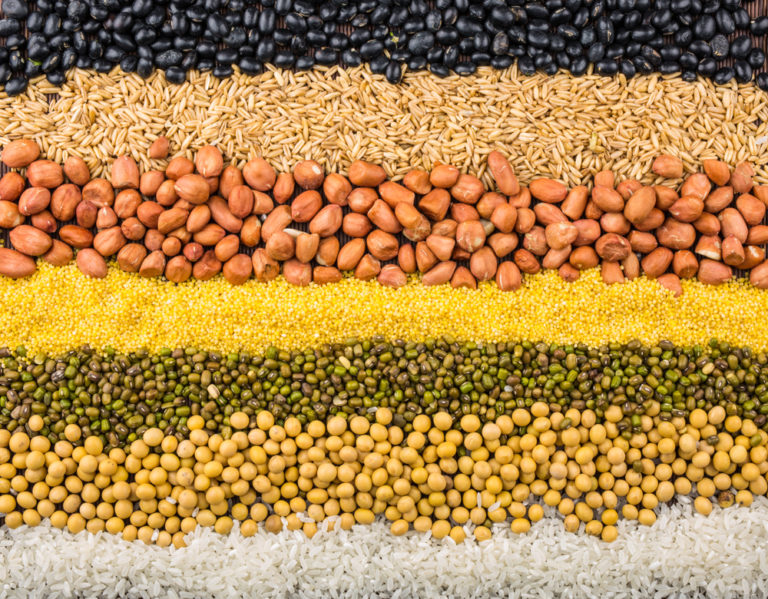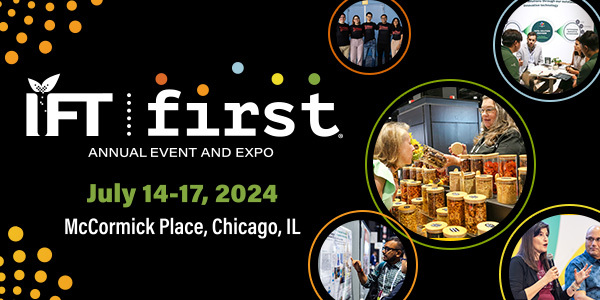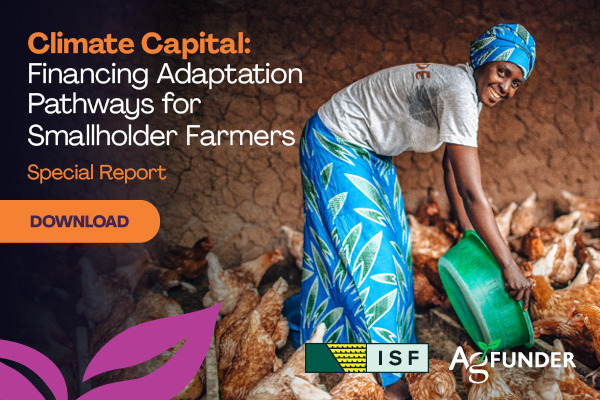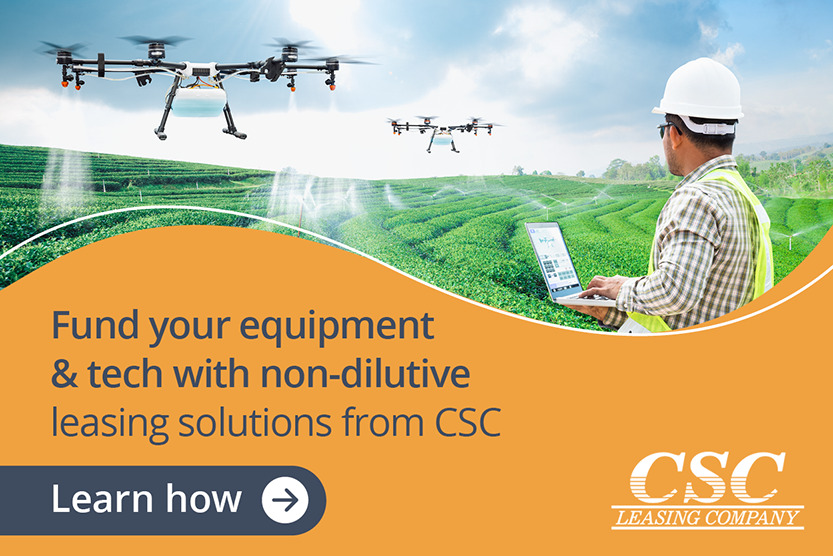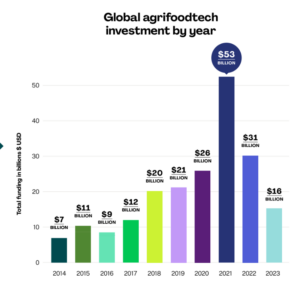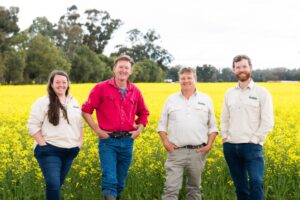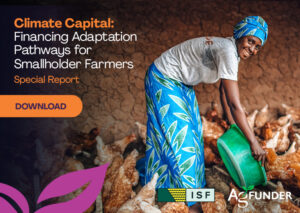Benson Hill Biosystems, the data-led crop genetics discovery and gene editing platform, has raised $60 million in Series C funding in a round led by GV (formerly Google Ventures).
Benson Hill’s CropOS computational platform and suite of breeding and gene editing tools are being used to improve the sustainability, nutrition and flavor profiles of crops with greater speed and precision than previously possible, dramatically reducing the costs and timelines to develop new products.
Other new investors joining the round include growth equity investor Activant Capital, early-stage investor Collaborative Fund, and family office Tao Capital Partners.
BHB’s existing investors — involving several agtech investment leaders — also participated including Alexandria Venture Investments, Fall Line Capital, iSelect Fund, Lewis & Clark Ventures, Mercury Fund, Prelude Ventures, and S2G Ventures. BHB has now raised nearly $95 million in total, most recently closing a $25 million Series B in March 2017.
The round was oversubscribed and could increase to $65 million if BHB finds additional investors “that can bring strategic value to the company, such as having representation in an industry that we’d like to collaborate with,” said Matt Crisp, CEO. “A financial investor that could continue to support the company over time but start to get to know us with a small check would also be of interest,” Crisp told AgFunderNews.
The next stage for BHB will be a late stage, growth equity round, which is less-trodden ground in agtech, with the vast majority of investor activity taking place at the earlier stages. The company is also considering an IPO around 2021-2022 as “another financing event,” and an alternative to an acquisition exit for its venture investors.
“Our goal is to be a platform to help build a community of innovators, as well as develop our own products; being an independent platform company empowering innovators with the technology and capabilities they need to develop novel crop products, decreases the likelihood and suitability of us being acquired by a strategic player as we look to maintain the integrity of our model,” said Crisp.
IPOs are also few and far between in the agtech arena, which could make it challenging for public investors that typically look for comparables when valuing a company.
Crisp says that the investment community is becoming more and more interested in investing in companies that stand to make an impact across various domains, not just environmentally, and this could be a strong theme in three to four years’ time when BHB may go public.
“We’ve cut our teeth around photosynthesis and sustainability, and that resonates well with certain investor audiences, but in the future I think we will see more nutrition and health-focused private and public investments take place in food and agriculture as these groups realize the potential that platforms like ours have for improving the nutritional profile of crops.”
Each round, despite increasing in size, has taken a shorter amount of time to close as BHB’s reputation for democratizing the use of revolutionary crop genetics tools including gene editing, has gathered pace. Crisp and his colleagues started marketing the Series C round formally in April and signed a term sheet in July; the Series B round was closer to six months whereas BHB’s Series A round took two years.
“Many investors are now familiar with our story — including GV who have been following us for several years now — so that does allow things to go a bit more smoothly than the ground-up work we had to do in the beginning,” said Crisp.
BHB will use the proceeds of the round to continue to develop the platform with a focus on expanding its capabilities further into the nutrition and health profile of crops. CropOS will not be all about major row crops and will look holistically at the value chain. “Consumers are demanding we modernize our food systems, so this is an area of focus for us,” said Crisp.
The company also plans to increase the team size from 85 by another 20 or 30 in the next year, particularly on the data science and commercialization teams.

